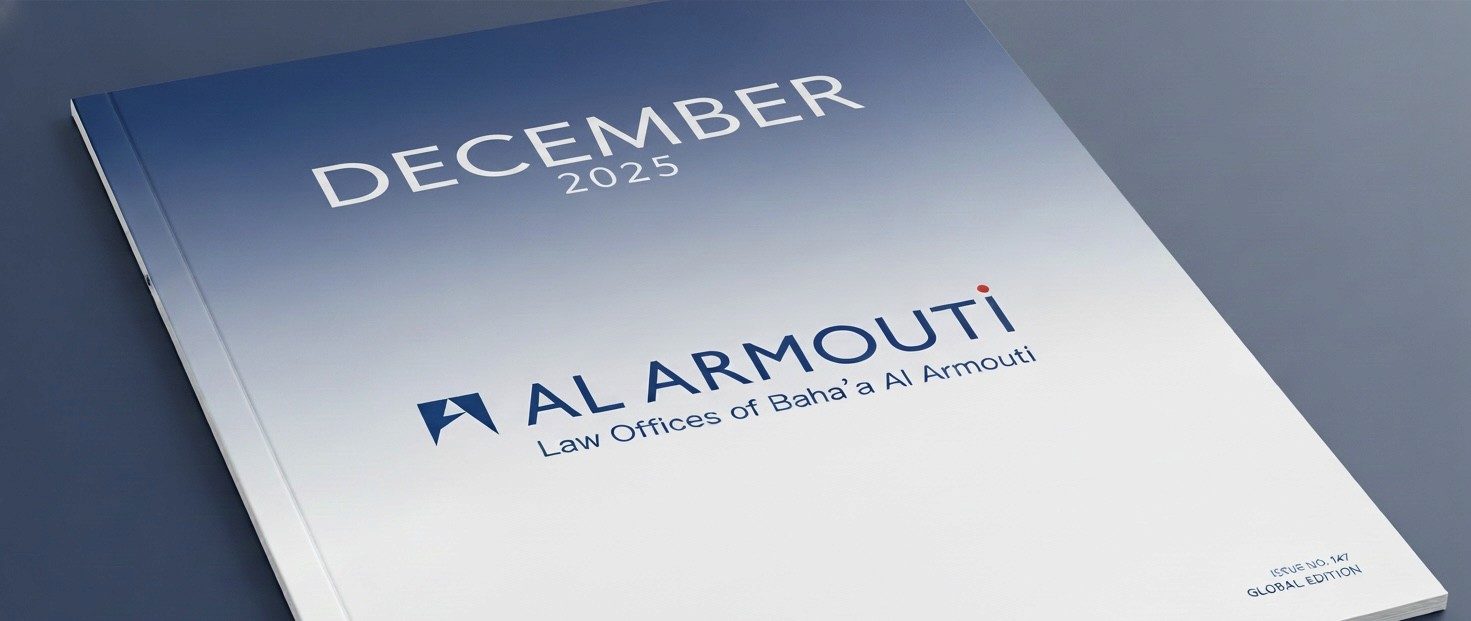The Egyptian App Store: Legal Aspects
Baha'a Eddin Al-Armouti
Apr 2, 2021
Under Egyptian law, international companies are not required to obtain any government permission to operate a mobile app business in the Egyptian app store (IOS and Android). If a foreign company desires to establish a legal entity in Egypt with the aim of developing, editing, or marketing mobile apps, it can do so under Investment Law No. 72 of 2017, which enables foreign shareholders to set up a branch, subsidiary, or even a local company through a limited liability or joint-stock company.
As for content liabilities, foreign companies must ensure not to violate various laws when publishing content through their mobile applications, whether by their employees, third parties, or app users.
In principle, they should ensure that the content distributed through their mobile apps does not violate related laws, mainly Anti-Cybercrime Law, Civil Code, Penal Code, Anti-Terrorism Law, and Intellectual Property Law.
The following are the key laws and regulations governing the distribution of electronic content through mobile apps in Egypt:
The Anti-Cybercrime Law No. 175 of 2018.
Article 13 of the Constitution of the Arab Republic of Egypt of 2014.
Civil Status Law No. 143 of 1994.
Intellectual Property Protection Law No. 82 of 2002.
Child Law No. 126 of 2008.
Penal Law No.58 of 1939 and its amendments.
Anti-Terrorism Law No. 94 of 2015.
Generally, material published in mobile applications listed for use or sale in the app store should not defame a lawful or natural individual, be used to hack a social media account, contain information promoting terrorism or terrorist groups, infringe on natural persons' privacy, contain or contribute to sexual harassment, violate public order or public morality, or infringe on intellectual property rights.
In practice, a company's liability can be limited or eliminated if it takes all necessary measures to ensure the removal of all offensive content or violating content in its mobile app platforms, as well as cooperating with the authorities. The National Telecom Regulatory Authority (NTRA), established under Telecom Regulation Law No. 10/ 2003, is the primary agency responsible for overseeing and monitoring the distribution of electronic content through any electronic or digital means, including mobile apps.
Violations of laws may result in blocking the mobile app in Egypt, in addition to criminal and civil liabilities.
In 2018, the Anti-Cybercrime Law was passed. The Law does not explicitly tackle illegal content. Article 25; however, states that material that violates Egyptian society's familial values and beliefs, as well as invades privacy, is illegal.
Any mobile app material that constitutes a cybercrime is punishable under article 7 of the Anti-Cybercrime Law. According to this article, any website or material that constitutes a cybercrime threatening national security must be blocked by the Service Provider in response to a court order or an NTRA notice. Criminal and civil charges can also be imposed on the violators.
The provisions of the Anti-Cybercrime Law cover a wide range of crimes and punishments that are all linked to the internet and incriminate offenses regarding computer data security, credibility, and availability, computer-related offenses, privacy-related offenses, and content-related offenses, such as unethical content.
Latest blog
stay in the loop


